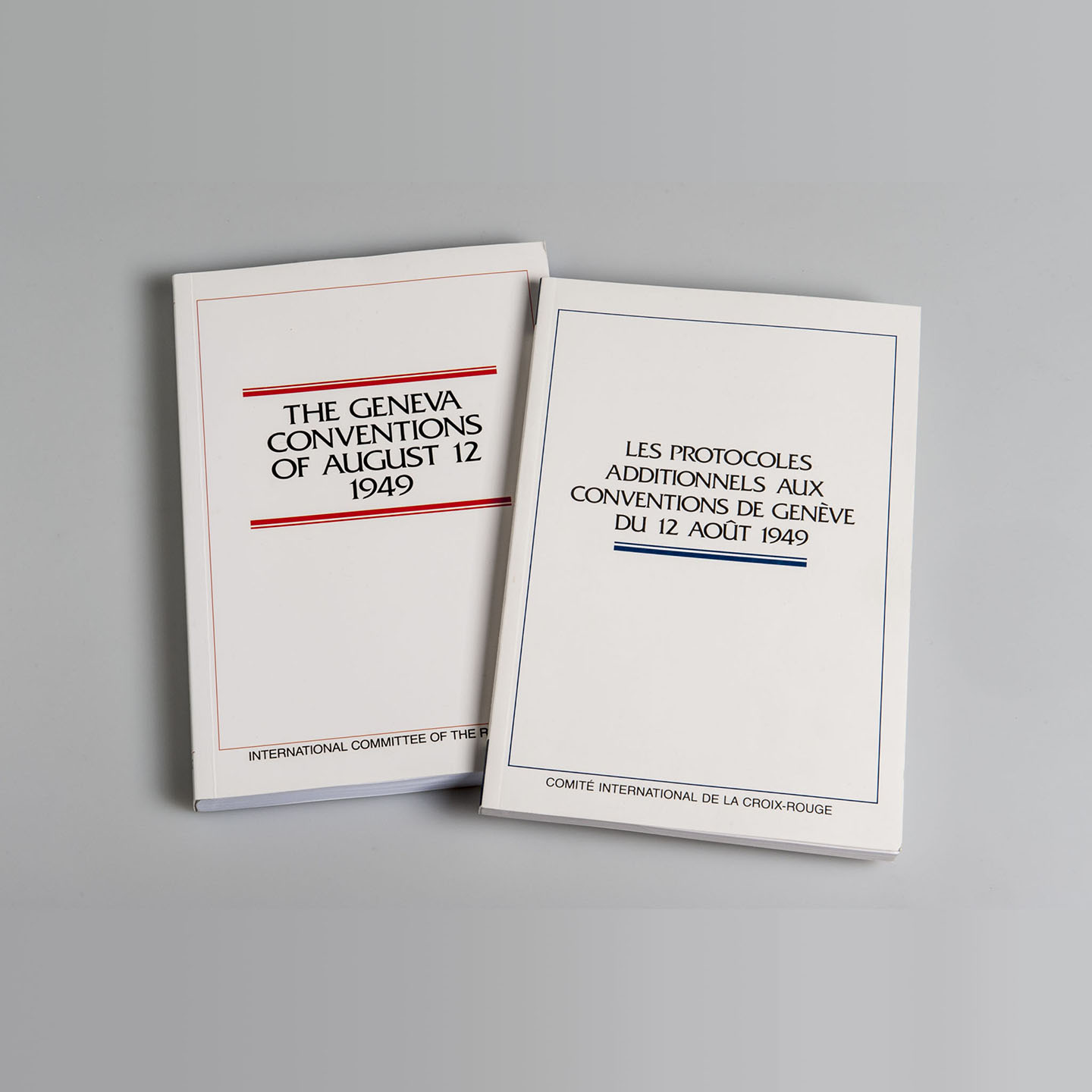
The Geneva Conventions of 1949 as supplemented by the additional Protocols of 1977 set out principles and rules, binding on the parties to armed conflicts, designed to protect the victims of those conflicts.
From the outset those responsible for the Conventions have realised that it is not enough simply to state the rules. As well, provision must be made for the implementation and enforcement of the rules. Accordingly, among other means, the Conventions and Protocols require the parties to disseminate knowledge of the rules to their armed forces and more widely, to acknowledge the role of the Protecting Powers and the International Committee of the Red Cross, and to provide for the prosecution and punishment of individuals who breach the rules.
The first Protocol of 1977 added an important new element to support the implementation of international humanitarian law. It provided in article 90 (set out on pp 10 - 13 along with the common article in the 1949 Conventions relating to enquiries) for the establishment of a permanent International Humanitarian Fact-Finding Commission.
The Commission is competent to enquire into certain allegations of breaches of the Conventions and the Protocol. In 1991, following the acceptance of that competence by 20 States parties to the Conventions and Protocol I, those States elected the 15 original members of the Commission. A State accepts the Commission's competence by depositing the appropriate declaration with the Swiss Government as depository of the Conventions and the Protocols. The number has more than doubled in the last seven years, it includes more than one third of the Parties to the first Protocol, and the States come from all continents.
In 1992, following initial meetings and the adoption of its Rules the Commission became operational.
The Commission must remain true to certain basic characteristics expressed or implied in Article 90: it must carry out its functions in an independent and impartial way, in accordance with the international law requirements of fair procedure and in general on the basis of the consent of the parties. Consistent with the purpose, competence and basic characteristics of the Commission, there is as well considerable flexibility for making adaptations in the operation of the Commission with the consent of the Parties, for instance in respect of: